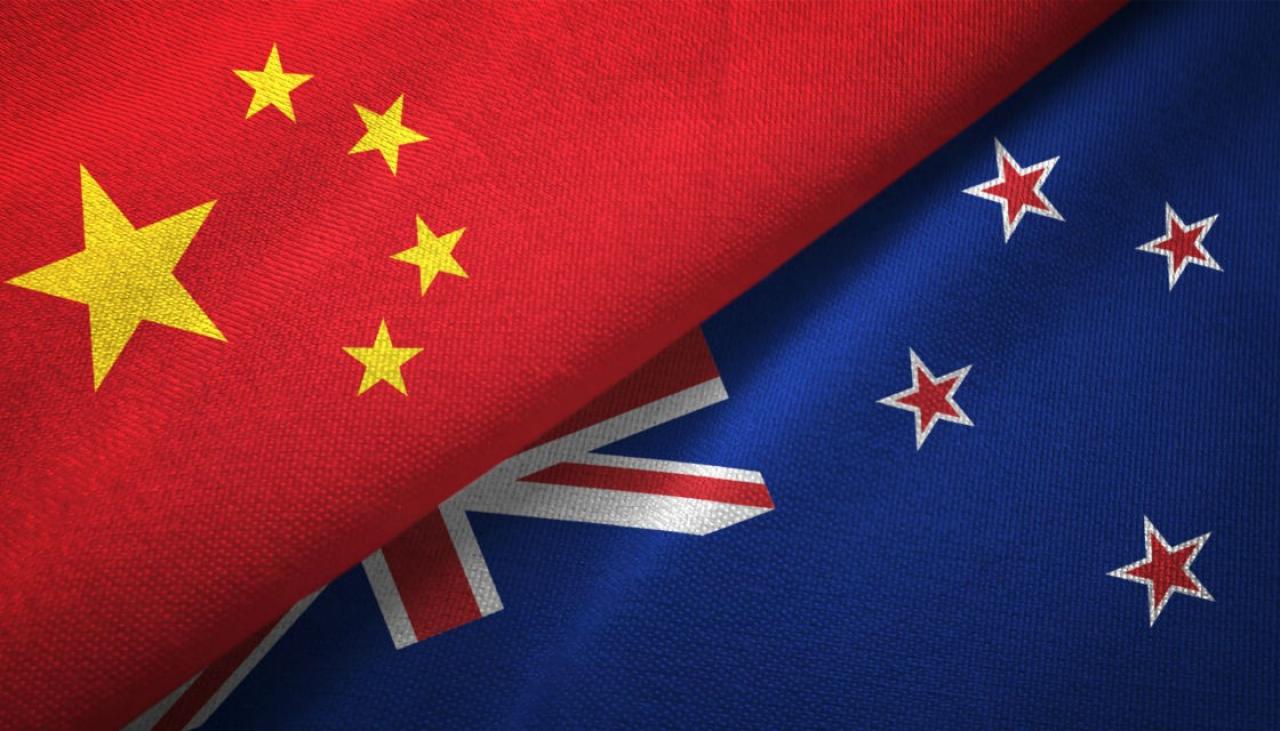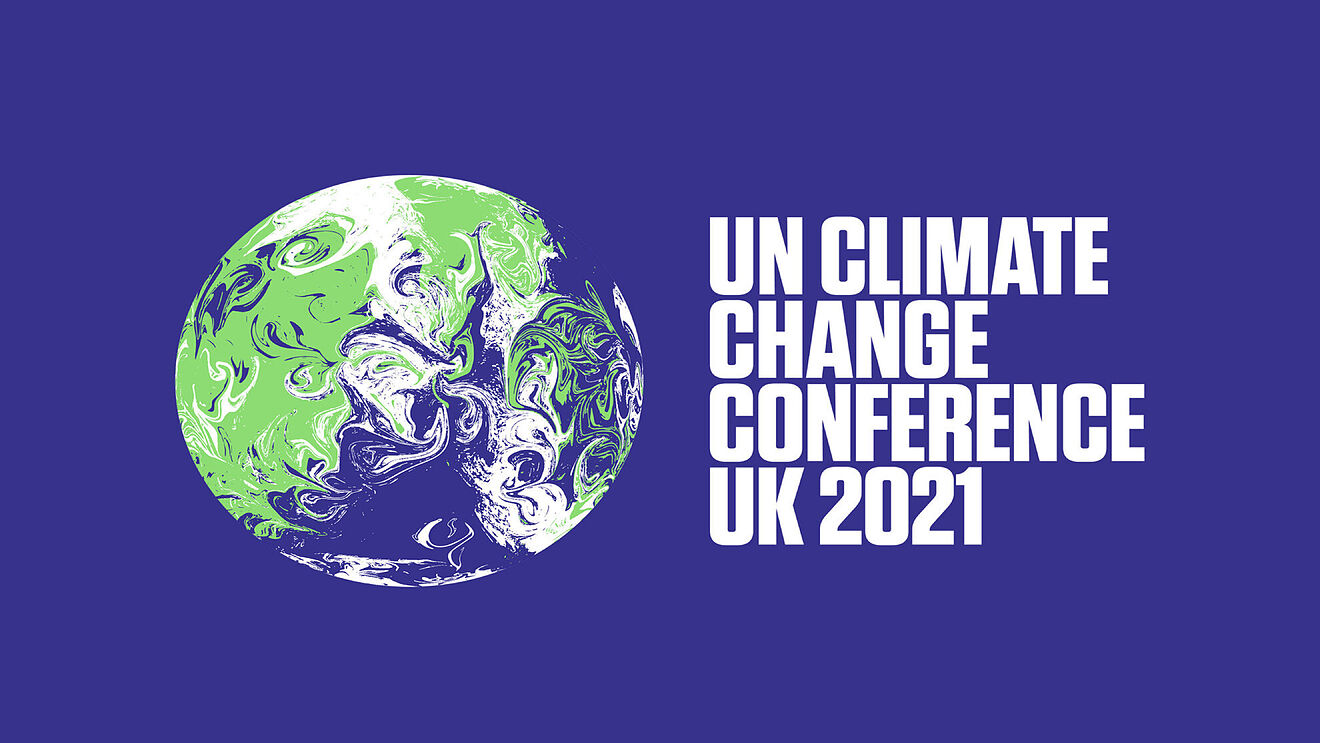
Kiwi Diplomacy – a tale of two countries
It’s clear Australia and New Zealand share most views about China but the two countries say what they think in very different ways and get very different outcomes.
We spoke with Jim Rolfe a former government policy adviser in Wellington to understand the differences.
The Australian reports of the Morrison and Ardern meeting last week give the impression that NZ and Australia are as one in their approach to China, is that the case.
No, the countries hold similar views I think on world affairs except in one major area and that is about the utility of force versus diplomacy and I think New Zealand prefers diplomacy because it doesn’t have any force and I think Australia for various reasons thinks that force or supporting the United States, which believes in force is that way to go.
New Zealand has always taken a more independent, nuanced approach, why?
Nuanced makes it sound as if Australia is just using a blunt instrument approach and I’m not sure that’s a fair characterisation either I think Australia took lessons from 1942 quite frankly and the Japanese attacks on Darwin and have never forgotten those and worry about an external enemy in a way that New Zealand doesn’t.
Yet there is no real reason why Australia couldn’t also choose to take a more independent approach?
Yes Australia is independent in the sense that it makes its own choices, nobody is twisting Australia’s arm to make the choices it does, it makes the choices it does from, well in the eyes of Australian policy makers, good policy reasons.
And yet, listening to Scott Morrison you would think Australia is a victim?
The current trade issues with China are a consequence and what’s more, it was a foreseeable consequence in my view. You know big boys take the consequences of their actions.
In terms of actual policy differences the Australian Federal Government told the Victorian Government it had to pull out of the BRI for which it had signed an MOU, now New Zealand remains committed to the BRI doesn’t it?
We are at the stage, we’ve signed an MOU which says we’ll do something substantive by some deadline which I think has already passed but I would be very surprised if NZ pulled out of the BRI.
Now the New Zealand / China free trade agreement was also upgraded in January so the NZ trading relationship with China appears to remain very much intact?
Yes and the only downside is that you don’t get to express moral indignation publicly. Now for whatever reason Australia has decided that moral indignation and public expressions of disgust are more important than other factors and again that’s a choice but you live with the consequences. The problem with moral indignation is that it doesn’t work, it makes the applying country feel better but they don’t alter the other country and that’s the history of this approach of decades – the only exception has been United Nations centred because the whole world is doing it. If the whole world is doing it, you might feel better but you are not going to achieve your ends.
Its immature is it not to imagine that as China becomes more powerful that it wouldn’t seek to influence the rest of the world as it stands up and takes its place in the world?
Indeed as Australia does with Papua New Guinea and as New Zealand does with the Cook Islands and Samoa – we all have our senior sponsor and the junior countries that we like to try and direct.
If we look at the information coming out from this week’s G7, it seems the US is planning an split the world ideologically between so called “authoritarianism” and democracy and small countries will be forced to choose sides – do we have anything to fear from Chinese investment do you think?
No not at all, the first thing is you can take the land away, you can’t buy it and take it to China, if we own the land they can’t control it. Also there is very little evidence that the 2 or 3 deep water harbours around the world, including Darwin, certainly at the moment the interests seem to be commercial and the worry all the time is ah but they might be used for military, well so they might but dear me, the United States regularly boasts that it has armed forces in more than 104 countries in the world, the only way this argument makes sense it to take it into a war dichotomy – American good, China bad.
It seems the Australia position is making that simplification and that is unhelpful in your view?
Yes, its completely unhelpful because it misses the nuance.
Of course, critics would say the danger is that New Zealand runs the risk of becoming too reliant on China’s money?
Anyone who pushes that argument doesn’t believe the market and the market is fairly nimble and its mostly private money we’re talking about and private money switches itself if it doesn’t like what its seeing.
If you follow the argument it comes down to this – do you believe Australia and New Zealand should fear China?
Not I don’t, militarily certainly not, we Australia and New Zealand, militarily not in the slightest, as potential influencers yes of course we do, but then all big countries try to influence smaller countries we have to fear that from United States and New Zealand also fears that from Australia, Fiji fears it from New Zealand.
So, do you think more pressure will be put on New Zealand now as the Biden Administration divides the world into these two camps … will there be an expectation that New Zealand will talk like Australia?
I think that’s likely and quite a few of my colleagues in New Zealand believe that we are going to be forced into making a choice and I think the answer to that is no, we are not going to make a choice, we are going to do what is right for New Zealand and if you, America want to stop defending us for example on the security side of things, you did that in 1986 for Christ sake, you withdrew your security guarantee so what more have you got in your drawer.
Yet it appears Prime Minister Ardern, after meeting with PM Morrison is now moving closer to Australia, she said and I quote, “our differences with China are become harder to reconcile”? How do you explain that?
She did, but first of all, what audience is she talking to? Who is she talking to, I mean that’s what Morrison wanted to hear I’m sure. The second thing is I think she probably means that we are being strongly encouraged to say something and if you are going to say something in public it’s going to condemnatory of course, you know you can’t say that all is well with Uighars or Tibet for that matter or in Hong Kong but its better to say nothing in public – you know there is a term from the 1990’s when we worried about this kind of thing called megaphone diplomacy and it was a big no, no, megaphone diplomacy, don’t do it. I don’t think a single Asian country, a single ASEAN country has said anything substantive about China and human rights, against China. A few of them have interests in the South China Sea and they will certainly have views on that but the big issue on human rights, none of the South East Asians feel the need to be rude to China, sensibly so.
Do you think this pressure we’ve spoken of will lead to a change, or an adjustment to New Zealand’s policy towards China?
No. No I don’t, I mean how could New Zealand adjust its policy, I mean trade is done by private agencies, private citizens so short of government telling people you’re not allowed to trade with China, and we do call ourselves a liberal economy, and a liberal economy can’t do that unless the UN put the sanction on so the only change in policy would be to say we’re going to be vocal we’re going to use megaphone diplomacy to explain our outrage at china’s action and because we are worried about China we are going to associate much more closely with our friends and allies and by the way we’re going to try and join the QUAD, that kind of thing.
There are critics in Australia of the Morrison approach saying he would be better off shutting his mouth and focussing on engagement and influence like the NZ approach, is that your view?
China is not going to go away that’s point 1, china is not going to go away. Point 2 most of east Asia is going to work with China closely, point 3 China is a significant part of our world so if east Asia adapts to China we’re going to have to adapt to east Asia so we cant ignore China anyway and it accounts for a significant part of our trade, not as much as Australia but in NZ China takes about 22 per cent of exports which is not huge as a percentage you know, its not a monopoly or anything like that – in 1964 Britain took 80 per cent of NZ exports, that’s dangerous as we found when Britain joined the European Economic Community as it was.
As this push to take sides ramps up what do you think will happen with the smaller south pacific countries?
Well that is a very good question and we hear Australia and the US saying the pacific is something we have to work on etc. etc. but the aim it seems to me is stop Chinese influence and the way they are going to go about it is to put more money in themselves but that’s not going to lessen Chinese influence it will just mean that the pacific countries get more money than they would otherwise have got because they will keep on taking the Chinese money as well. They’re not dumb, they have agency and I suspect the Pacific countries will see it as an opportunity.
So, you think deterring these countries from forming relationships with China will not work?
If we put in sufficient money so that every perceived need was met at a cheaper rate than the Chinese are doing it I guess we could to that but we don’t like doing cheap rates we like proper contracts and the like. These days the west want to have clauses about corruption, something about the role of women, we want to have something about gay rights, you know, all of these liberal add-ons. China just says you need a new airport or a new harbour, here’s the money and by the way we can build it for you. It’s not hard to see which is more attractive.
Do you think these smaller countries in the south pacific will be swayed by these ideological arguments about authoritarianism versus democracy or rather, focused on their own self-interest?
Yes, obviously their own interests and we shouldn’t be surprised.
So, this attempt by the US to mount an argument based on an ideological divide is not going to wash?
Well the divide existed during the cold war of course but we now know that the American approach to democracy during the cold war was completely hypocritical and violently anti-democratic.
So, on current trends, what do you think will happen in the short to medium term with Australian and New Zealand economies?
I don’t see any dramatic shifts in the NZ/China economic relationship – I sincerely hope that log exports go up because I’ve got shares in logging but you know, these are private companies that do the trade, if they don’t trade with China they will look for different markets but the government can’t direct them to, I mean what are the scariest words in the world? “I’m from the government I’m here to help you” and for Australia, I think if Australia keeps on with its megaphone diplomacy and the attitude of we are right, you are wrong in its public approach then China is going to feel insulted, you know the idea of face, none of us like being insulted publicly and China is in a position to do something about it.
It would ridiculous for Australia to expect China to change its attitude just because it wants them to?
Yes, they seem to think that we are so obviously right that if we tell China our view they will see that we are right and change, that’s called wishful thinking.
So why do you think PM Morrison and his government has publicly taken the aggressive attitude he has?
Well the question is, is he talking to a domestic audience to try to divert attention from other issues.
Certainly, he has been criticised for the slow roll out of the Covid vaccine and the problems in aged care and the lack of a road map for future international travel and other related issues.
Well that’s the traditional authoritarian approach, find a foreign enemy, isn’t it? I’m simply raising the question because I don’t know enough about it.
Traditionally these tactics have limited appeal, unless it’s time of war the electorate here have far more basic, hip pocket concerns so his approach may not pay off?
Indeed.
What do you think we are likely to see in this region in the near future?
Well I just think more shouting frankly, I think there’s going to be a lot of posturing, the flashpoints will remain flashpoints, Taiwan, Korean Peninsula, India-China, those flashpoints have been there for a long time and they’re managed. I really think that things are just going to continue to be managed with little bumps up and down as something happens you know, we’ll get agitated because the Chinese sail through the Taiwan Straits, the Chinese will get agitated because the Americans do the same that kind of thing.

James (Jim) Rolfe
Scholar and practitioner of defence and security sector policy for government (NZ, Australia, Gulf region), UN (East Timor, Libya), international and domestic NGOs and the university sector. Published widely in both the scholarly and general literature on issues of public policy, security and defence.





Leave a Reply